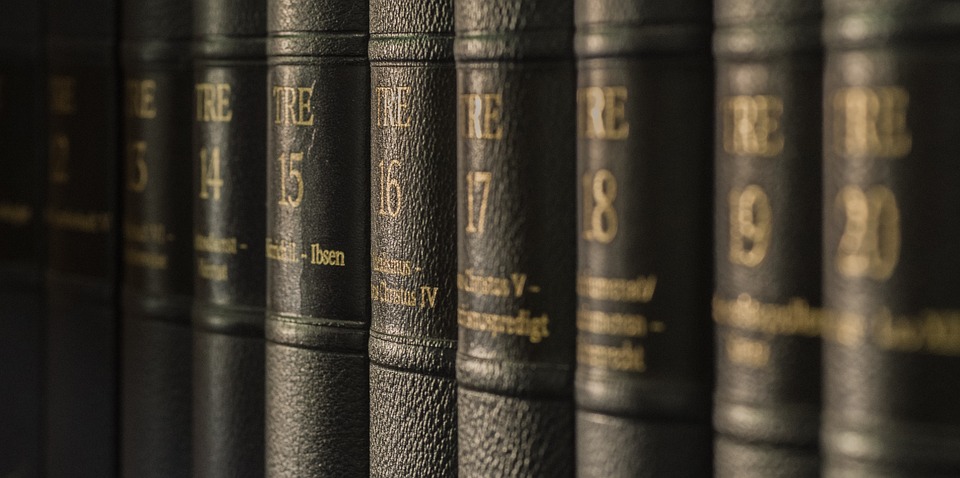Theology, the study of the nature of God and religious beliefs, has long played a significant role in shaping societies and cultures around the world. In modern society, the role of theology is continually evolving and its influence is still felt in various aspects of life.
One of the key ways in which theology impacts modern society is in the formation of ethical and moral frameworks. The teachings and principles of various religious traditions guide believers in making ethical decisions and living a virtuous life. In a world where moral relativism is becoming more prevalent, theology provides a solid foundation for individuals and communities to uphold values such as compassion, justice, and empathy.
Theological perspectives also contribute to the conversation on social justice and human rights. Many religious traditions advocate for the protection of the marginalized and the oppressed, calling upon their followers to actively work towards a more just and equitable society. Theology inspires individuals and communities to engage in acts of charity, advocate for the rights of others, and address issues of poverty, inequality, and discrimination.
Furthermore, theology has a profound impact on the way individuals understand and experience spirituality. In a fast-paced, secular world, theology offers people a sense of purpose, direction, and hope. It provides a framework for grappling with existential questions, finding meaning in life, and coping with adversity. Theology also fosters a sense of community and belonging, as believers come together to worship, pray, and support one another.
In addition, theology intersects with various academic disciplines and fields, including philosophy, sociology, psychology, and education. The insights and perspectives offered by theology can enrich the discourse in these areas, providing valuable contributions to understanding the human experience and the world we live in.
However, it’s important to acknowledge that the role of theology in modern society is not without its challenges. In a globally interconnected world, people from different religious traditions coexist, and theology needs to find ways to promote understanding and unity amidst religious diversity. The rise of secularism and skepticism also poses a challenge to the relevance and influence of theological perspectives in public discourse.
In conclusion, the role of theology in modern society is multifaceted and continues to be a crucial force in shaping the values, beliefs, and practices of individuals and communities. As we navigate the complexities of contemporary life, theology offers valuable insights and resources for addressing moral, ethical, and existential questions, and for fostering a more just and compassionate society. Its impact is undeniable, and its relevance in the modern world remains significant.


